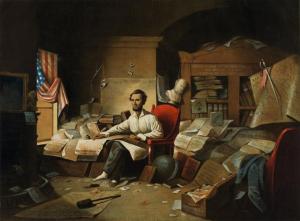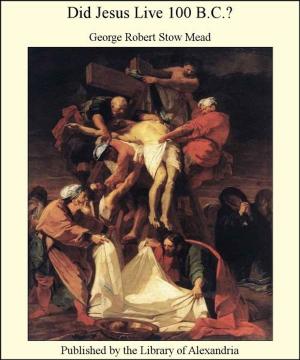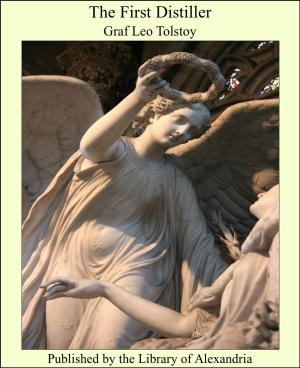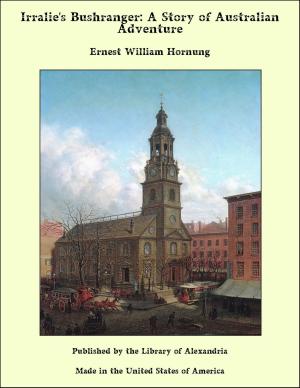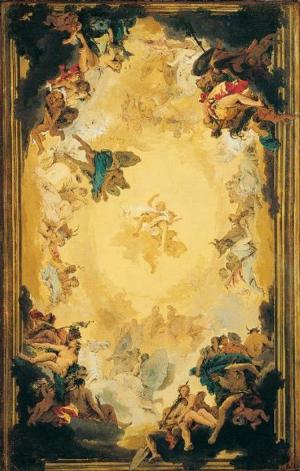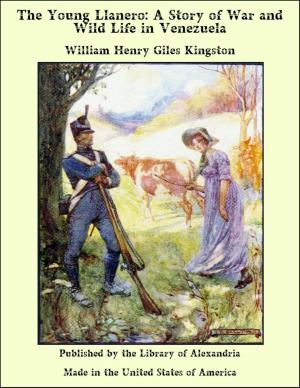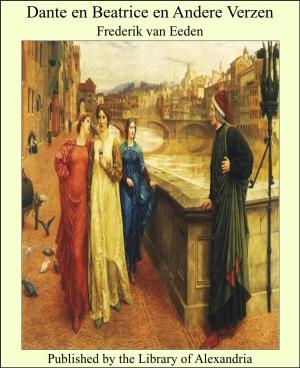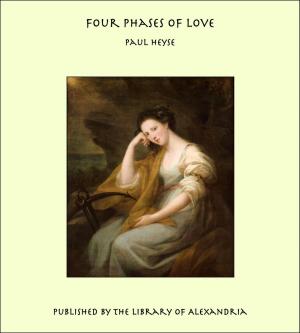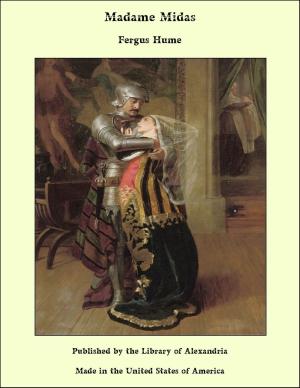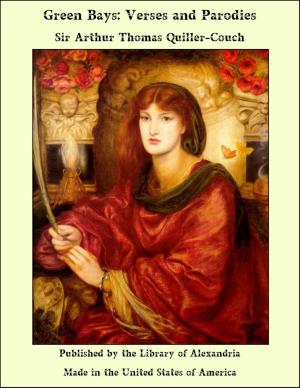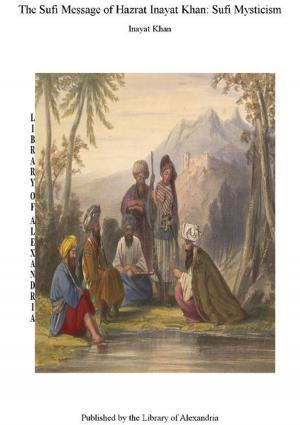| Author: | E. Alexander Powell | ISBN: | 9781465506474 |
| Publisher: | Library of Alexandria | Publication: | March 8, 2015 |
| Imprint: | Language: | English |
| Author: | E. Alexander Powell |
| ISBN: | 9781465506474 |
| Publisher: | Library of Alexandria |
| Publication: | March 8, 2015 |
| Imprint: | |
| Language: | English |
FOR RENT: AN ARMY ON ELEPHANTS The pitiless Indian sun had poured down upon the Hyderabad maidan until its sandy surface glowed like a stove at white heat. Drawn up in motionless ranks, which stretched from end to end of the great parade-ground, was a division of cavalry: squadron after squadron of scarlet-coated troopers on sleek and shining horses; row after row of brown and bearded faces peering stolidly from under the white turbans. The rays of the sun danced and sparkled upon ten thousand lance-points; the feeble breeze picked up ten thousand pennons and fluttered them into a white-and-scarlet cloud. Now and then the silence would be broken by a clash of steel as a horse tossed its head or a sowar stirred uneasily in his saddle. Sitting a white Arab, a score of paces in advance of the foremost rank, very stiff and soldierly in his gorgeous uniform, was a tall young man whose ruddy cheeks and pleasant eyes looked strangely out of place in so Oriental a setting. From somewhere within the city walls a bugle spoke shrilly and was answered by another and then another, each nearer than the one preceding. The young man in the splendid uniform barked an order, and men and horses stiffened into rigidity as sharply as though an electric current had gone through them. Through the twin-towered gateway of the city advanced a procession, colorful as a circus, dazzling as a durbar. The two figures who rode at the head of the glittering cortege formed an almost startling contrast. One of them answered in every detail the popular conception of an Asiatic potentate: haughty of manner, portly of person, with a clear, dark skin and wonderfully piercing eyes and a great black beard, spreading fan-wise upon his breast. An aigret of diamonds flashed and scintillated in his flame-colored turban; rubies, large as robin's eggs, gleamed in his ears, and hanging from his neck over his pale blue surtout was a rope of pearls which would have roused the envy of an empress. His companion, to whom he paid marked attention, was equally noticeable, though in quite a different fashion: a lean, smooth-shaven, lantern-jawed man, still in the middle thirties, very cold and reserved of manner, with a great beak of a nose and a jaw like a granite crag. It did not need the cocked hat and gold epaulets of a British general to mark him as a soldier. As the cortege cantered onto the maidan the massed bands of the cavalry burst into a wild, barbaric march, brass and kettle-drums crashing together in stirring discord. The strains ceased as abruptly as they began, and the youthful commander, rising in his stirrups, shot his blade into the air and called in a voice like a trumpet: "Cheers for his Highness!" And back came a guttural roar from ten thousand throats
FOR RENT: AN ARMY ON ELEPHANTS The pitiless Indian sun had poured down upon the Hyderabad maidan until its sandy surface glowed like a stove at white heat. Drawn up in motionless ranks, which stretched from end to end of the great parade-ground, was a division of cavalry: squadron after squadron of scarlet-coated troopers on sleek and shining horses; row after row of brown and bearded faces peering stolidly from under the white turbans. The rays of the sun danced and sparkled upon ten thousand lance-points; the feeble breeze picked up ten thousand pennons and fluttered them into a white-and-scarlet cloud. Now and then the silence would be broken by a clash of steel as a horse tossed its head or a sowar stirred uneasily in his saddle. Sitting a white Arab, a score of paces in advance of the foremost rank, very stiff and soldierly in his gorgeous uniform, was a tall young man whose ruddy cheeks and pleasant eyes looked strangely out of place in so Oriental a setting. From somewhere within the city walls a bugle spoke shrilly and was answered by another and then another, each nearer than the one preceding. The young man in the splendid uniform barked an order, and men and horses stiffened into rigidity as sharply as though an electric current had gone through them. Through the twin-towered gateway of the city advanced a procession, colorful as a circus, dazzling as a durbar. The two figures who rode at the head of the glittering cortege formed an almost startling contrast. One of them answered in every detail the popular conception of an Asiatic potentate: haughty of manner, portly of person, with a clear, dark skin and wonderfully piercing eyes and a great black beard, spreading fan-wise upon his breast. An aigret of diamonds flashed and scintillated in his flame-colored turban; rubies, large as robin's eggs, gleamed in his ears, and hanging from his neck over his pale blue surtout was a rope of pearls which would have roused the envy of an empress. His companion, to whom he paid marked attention, was equally noticeable, though in quite a different fashion: a lean, smooth-shaven, lantern-jawed man, still in the middle thirties, very cold and reserved of manner, with a great beak of a nose and a jaw like a granite crag. It did not need the cocked hat and gold epaulets of a British general to mark him as a soldier. As the cortege cantered onto the maidan the massed bands of the cavalry burst into a wild, barbaric march, brass and kettle-drums crashing together in stirring discord. The strains ceased as abruptly as they began, and the youthful commander, rising in his stirrups, shot his blade into the air and called in a voice like a trumpet: "Cheers for his Highness!" And back came a guttural roar from ten thousand throats

